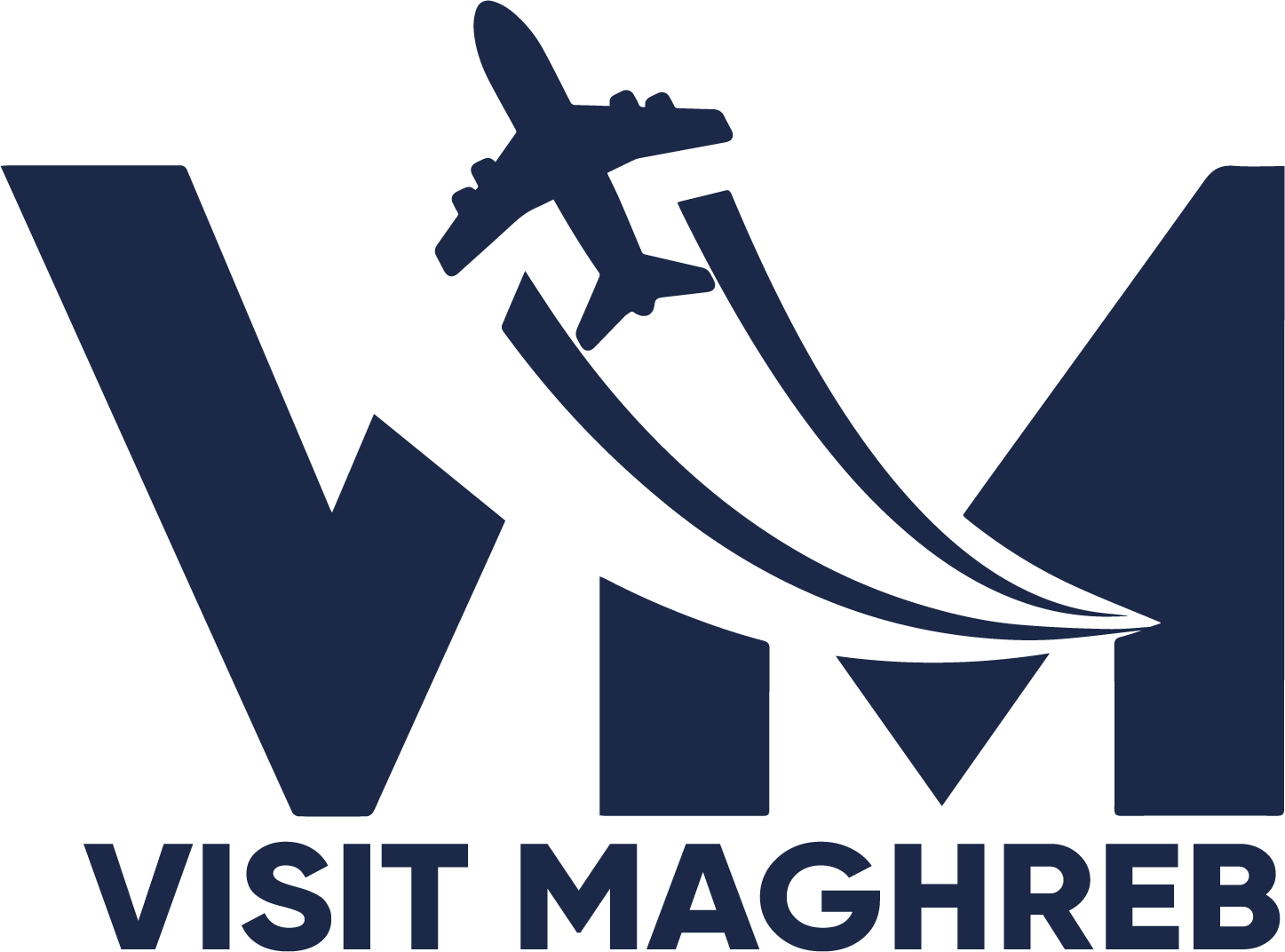Moroccan Culture & Moroccan History
Morocco is a country located in North Africa, bordered by the Atlantic Ocean, the Mediterranean Sea, Algeria, and Western Sahara. Its unique location has allowed it to develop a rich and diverse culture and history. In this response, I will provide an overview of the culture and history of Morocco.
Culture of Morocco:
Moroccan culture is a blend of Arab, Berber, African, and European influences. The country’s diverse culture is reflected in its cuisine, music, dance, architecture, and clothing.
Food: Moroccan cuisine is known for its bold flavors and spices. Some popular dishes include couscous, tagine, harira (a soup), and pastilla (a meat pie).
Music and Dance: Moroccan music is diverse and includes both traditional and modern styles. The country is known for its Gnawa music, which is a blend of African, Arab, and Berber music. Moroccan dance is also an important part of the culture and includes styles such as Chaabi and Raï.
Architecture: Moroccan architecture is known for its intricate details and bright colors. The country is famous for its Islamic architecture, including mosques, medersas (Islamic schools), and palaces.
Clothing: Traditional Moroccan clothing includes the djellaba, a long, loose-fitting robe, and the kaftan, a long-sleeved dress. The country is also known for its colorful textiles and embroidery.
History of Morocco:
Morocco has a long and complex history, shaped by a variety of factors including its location, trade routes, and colonization by foreign powers.
Berber Kingdoms: The earliest recorded history of Morocco dates back to the 3rd century BCE when it was inhabited by Berber tribes. Over time, the Berbers formed several powerful kingdoms, including the Almoravid and Almohad empires.
Arab Conquest: In the 7th century CE, Arab armies conquered Morocco and introduced Islam to the region. Islam became the dominant religion and Arabic the official language.
European Colonization: In the late 19th and early 20th centuries, Morocco became a target of European colonization. In 1912, France established a protectorate over Morocco, which lasted until 1956. Spain also held territories in the north of the country.
Independence and Modernization: Morocco gained its independence from France in 1956 and was ruled by King Mohammed V. Since then, the country has undergone significant modernization and economic development, although political and social challenges remain.
Overall, the culture and history of Morocco are diverse and fascinating. The country’s unique blend of Arab, Berber, African, and European influences has created a rich and vibrant culture that is worth exploring.
